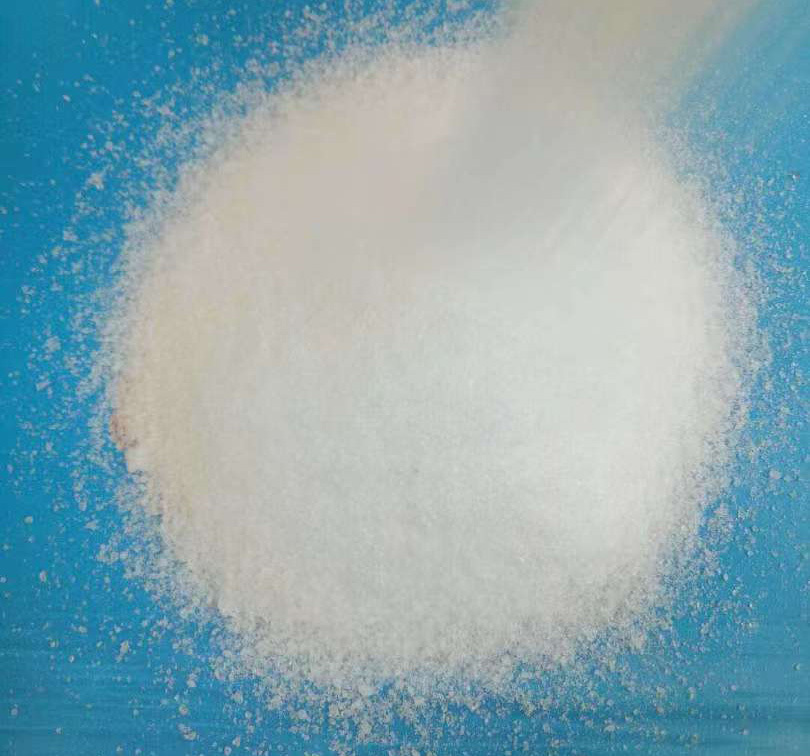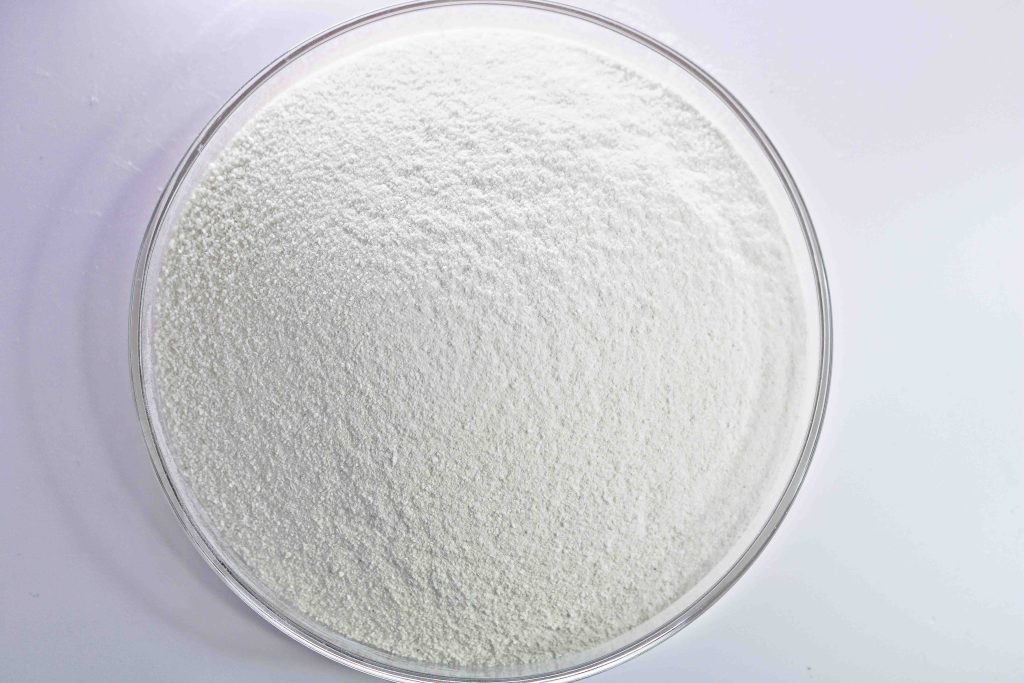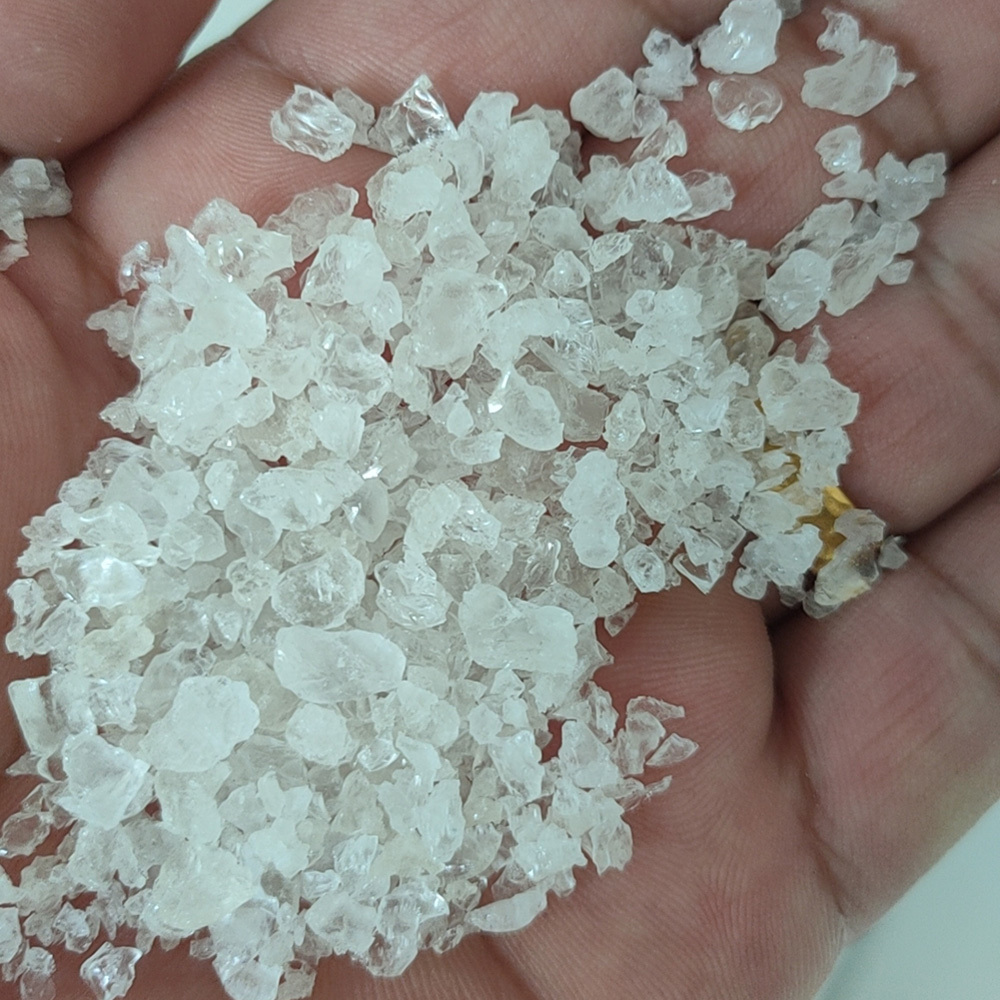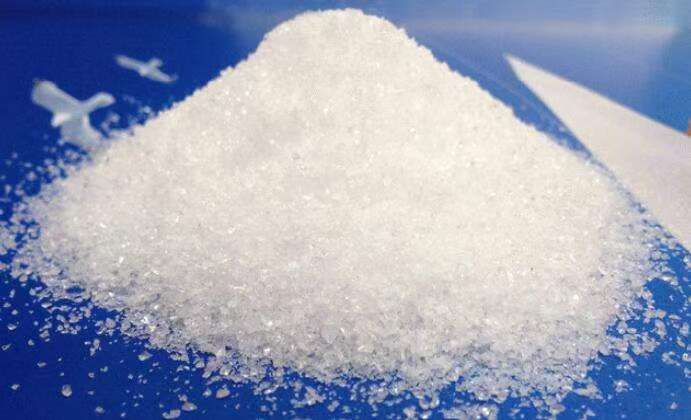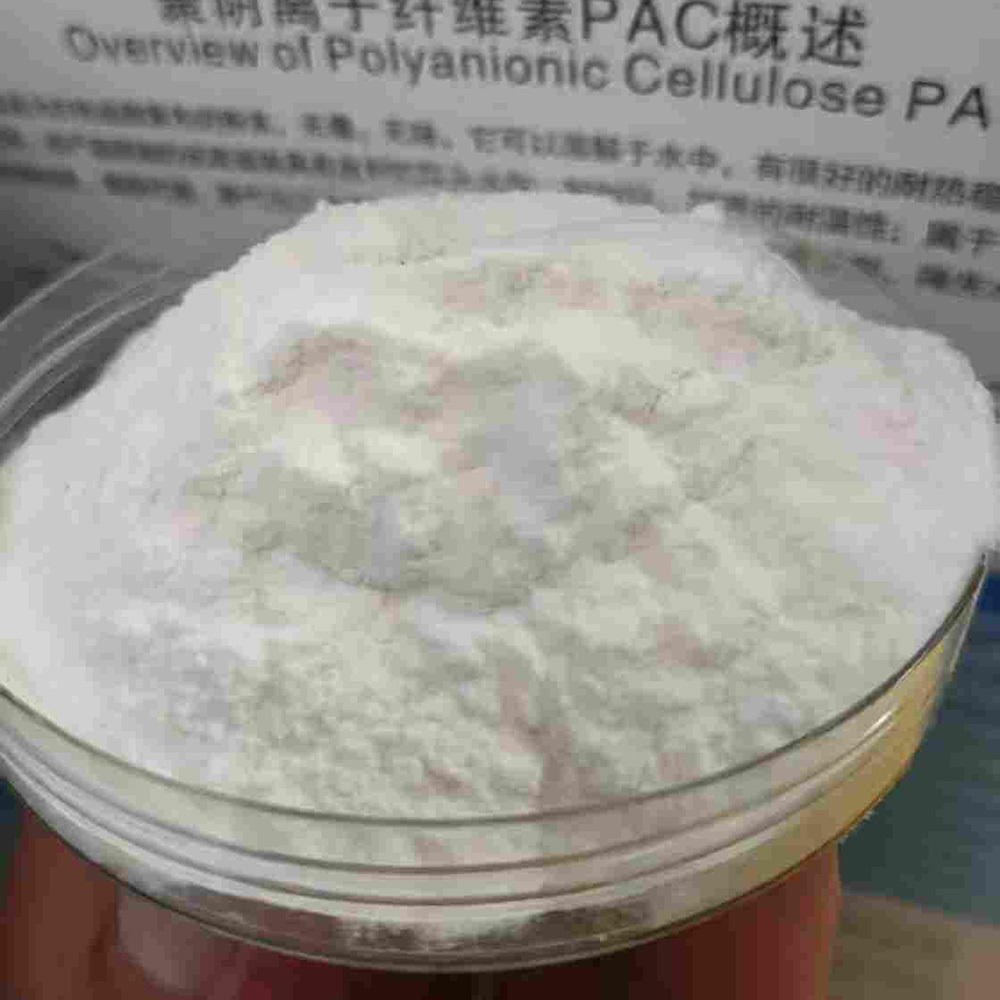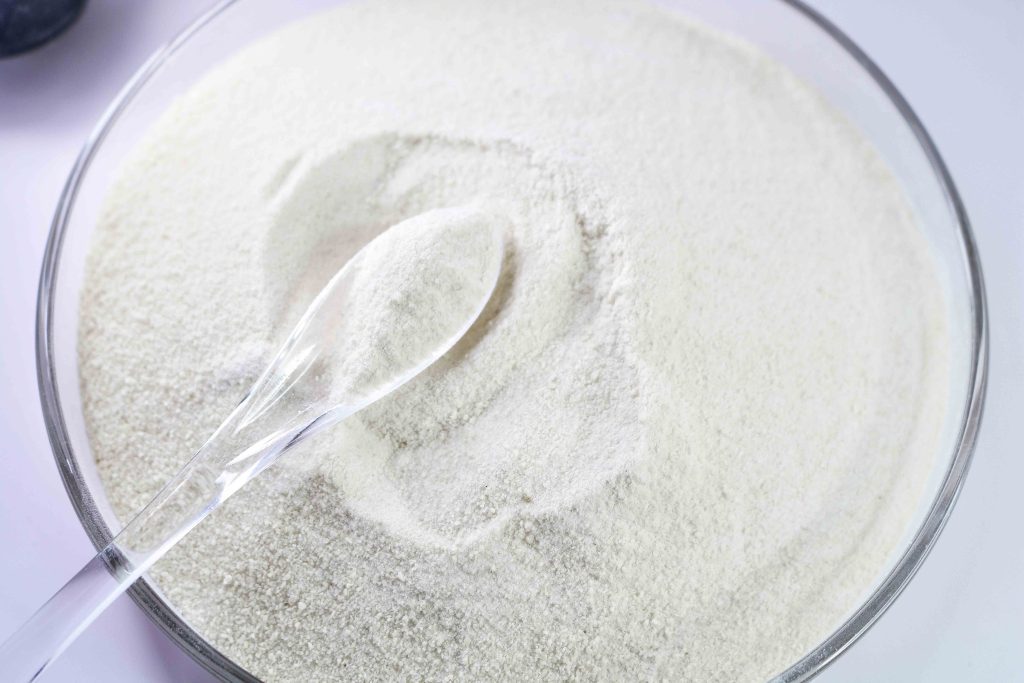Jul 24,2025
Understanding Polyanionic Cellulose: A Versatile Additive in Chemical Applications
Polyanionic cellulose (PAC) is a modified form of cellulose that is highly soluble in water and possesses anionic properties. This biopolymer is derived from natural cellulose through chemical modifications, enhancing its functional characteristics. One of its primary applications is as a flocculant, where it plays a crucial role in the aggregation of suspended particles in liquids, facilitating t
Jul 17,2025
How Cationic Polyacrylamide is Revolutionizing the Textile Industry
How Cationic Polyacrylamide is Revolutionizing the Textile Industry Table of Contents 1. Introduction to Cationic Polyacrylamide 2. What is Cationic Polyacrylamide? 3. Applications of Cationic Polyacrylamide in the Textile Industry 3.1 Role in Dyeing and Printed Fabrics 3.2 Importance in Fabric Finishing 3.3 Use in Water Treatment
Jul 10,2025
Unlocking the Benefits of Cationic Polymer Flocculants in Chemical Additives
Cationic polymer flocculants are a class of polymers that possess a positive charge, making them particularly useful in various industrial applications, especially in water treatment, paper manufacturing, and mineral processing. Their unique characteristics allow them to interact with negatively charged particles, facilitating the agglomeration and subsequent sedimentation of suspended solids. Thi
Jul 03,2025
How Carboxymethylcellulose Sodium Enhances Chemical Additives
How Carboxymethylcellulose Sodium Enhances Chemical Additives Table of Contents Introduction to Carboxymethylcellulose Sodium What is Carboxymethylcellulose Sodium? Key Properties of Carboxymethylcellulose Sodium Applications of Carboxymethylcellulose Sodium in Chemical Additives 1.1 In Pharmaceuticals 1.2 In the Food Industry 1.3 In Cosmetics 1.4 In Industria
Jun 26,2025
Understanding Organic Polymer Flocculants: A Key Component in Wastewater Treatment
Organic polymer flocculants play a crucial role in the field of chemical additives, particularly in the treatment of wastewater. These synthetic or natural polymers are designed to enhance the aggregation of suspended particles in liquids, facilitating their removal through sedimentation and filtration processes. By understanding how organic polymer flocculants function, professionals in the chemi
Jun 19,2025
Why Nonionic Polyacrylamide is a Game Changer for Water Treatment Applications
Why Nonionic Polyacrylamide is a Game Changer for Water Treatment Applications Introduction to Nonionic Polyacrylamide Nonionic Polyacrylamide (NPAM) plays a pivotal role in water treatment processes across the globe. As an organic polymer, NPAM is renowned for its versatility and effectiveness in a plethora of applications, including wastewater treatment, sludge dewatering, and soil stabilization
Jun 14,2025
Why Sodium Polyacrylate is Essential in Modern Chemistry Table of Contents 1. Introduction to Sodium Polyacrylate 2. Chemical Properties of Sodium Polyacrylate 3. Applications of Sodium Polyacrylate in Various Industries 3.1 Agricultural Uses 3.2 Healthcare Applications 3.3 Role in Consumer Products 4. Advantages of Using
Jun 09,2025
Unlocking the Potential of Polyanionic Cellulose: High Viscosity Explained
Unlocking the Potential of Polyanionic Cellulose: High Viscosity Explained Table of Contents What is Polyanionic Cellulose? Properties and Characteristics of PAC High Viscosity Explained Applications of Polyanionic Cellulose Benefits of Using PAC in Various Industries How to Use Polyanionic Cellulose Effectively Safety Considerations for Handling PAC Future Trends
Jun 06,2025
carboxymethyl cellulose in cosmetics
In the ever - evolving world of cosmetics, carboxymethyl cellulose in cosmetics has emerged as a significant ingredient, and China is playing a major role in its production and supply.carboxymethyl cellulose in cosmetics, a new and innovative addition to the cosmetic industry, offers a plethora of benefits.
Jun 04,2025
Exploring the Versatile Applications of Carboxymethyl Cellulose Powder in the Chemical Industry
Carboxymethyl cellulose powder (CMC) is a cellulose derivative, synthesized through the etherification of cellulose with monochloroacetic acid. This modification imparts unique properties to CMC, making it a valuable ingredient in numerous applications across different domains. Its ability to dissolve in cold and hot water, forming a gel-like consistency, is one of its most notable characteristics
Contact Us
E-mail:
Address:
Room 12-1,1/F, Building 12, Zaoyuan Dongli, Daxing District, Beijing, China





